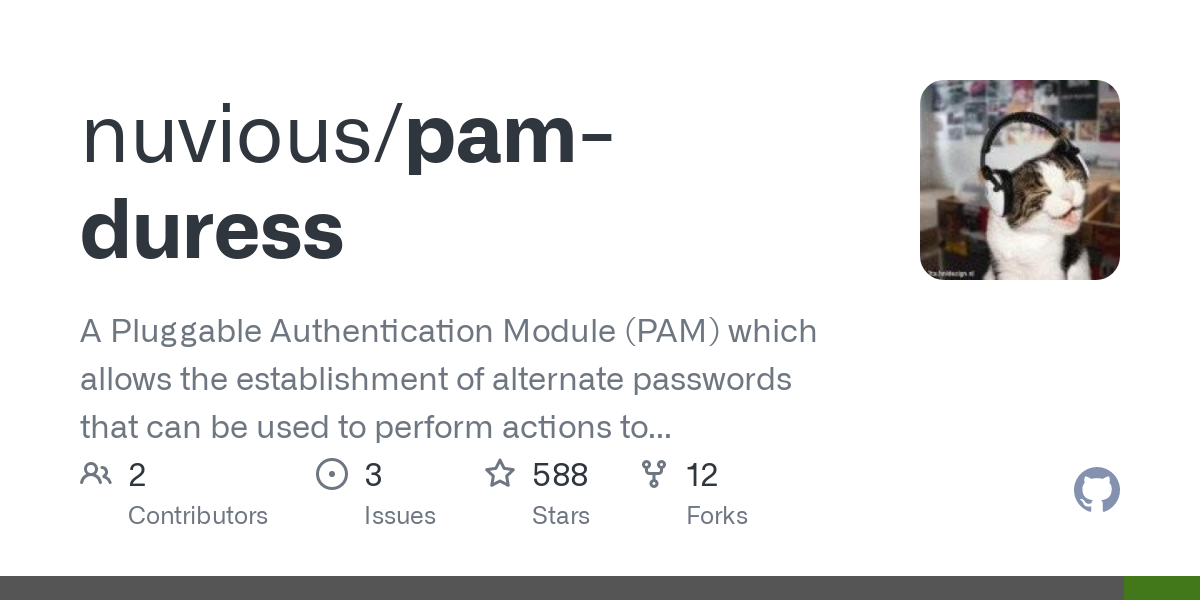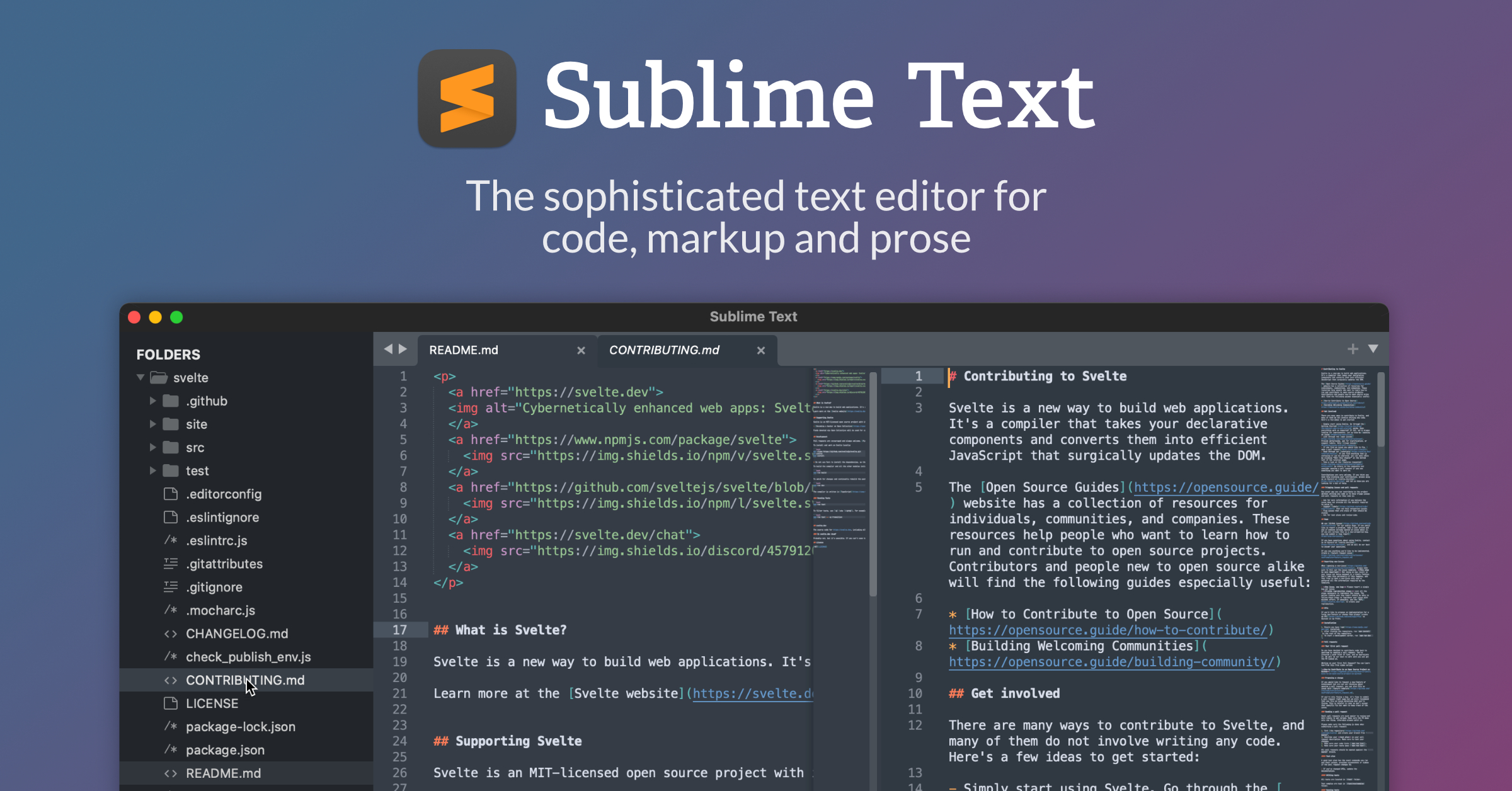

So where in the idea of capitalism do you see a mechanism that avoids colluding and undermining the sovereignty of people?
From my POV, capitalism is the act of maximising profit/cash flow. This may happen through peaceful agreements, soft power or hard power.
What part of capitalism are you referring to, when you distinguish it from neo-liberalism?
















How can you read the full article?